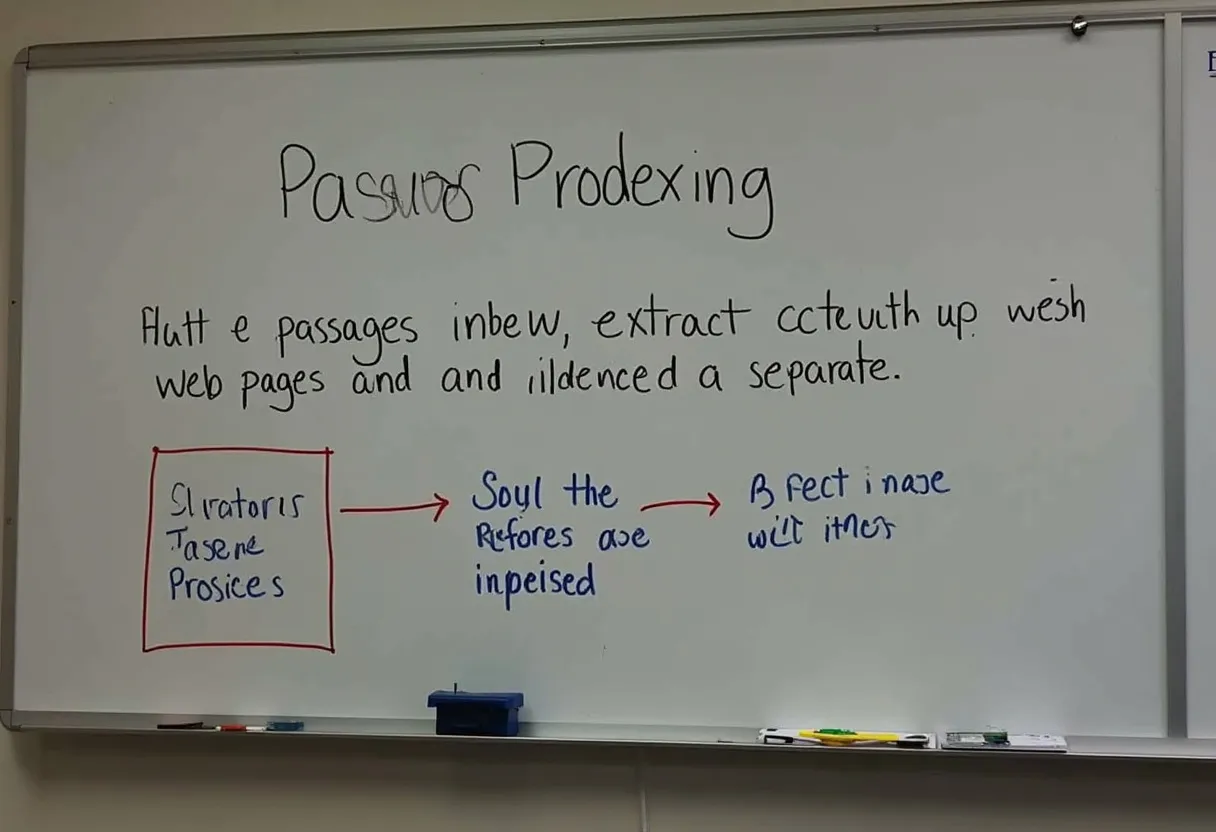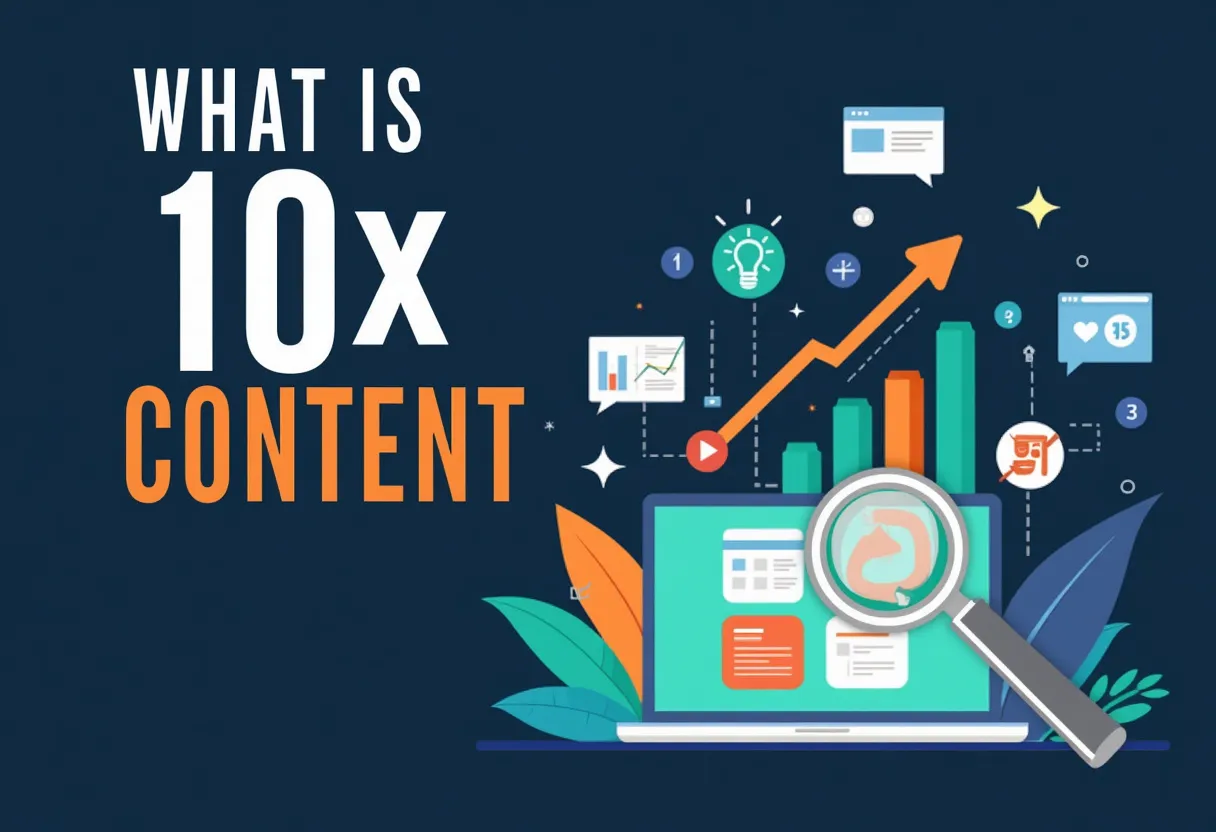Definition
What is Google Passage Indexing?
Google Passage Indexing is a feature of Google’s search algorithm that allows the search engine to crawl, understand, and rank specific passages or sections within a webpage, rather than just considering the entire page for relevance to a search query. This technology enables Google to identify and index individual sections, paragraphs, or passages that directly relate to the user’s query, even if the information is buried deep within a page.
How It Works
Function and Concept:
Google Passage Indexing uses the BERT algorithm and neural networks to comprehend the content of web pages at a more granular level. This allows the search engine to analyze and rank individual passages independently, even if they are part of a larger, multi-topic page. The process does not change the crawling and indexing of the full webpage but enhances how Google determines the contextual relevance of different sections within the page. This update enables Google to serve specific excerpts that are most relevant to the user’s query, rather than just the entire webpage.
Practical Use Cases:
For example, if a webpage covers multiple topics such as “How to get a Knowledge Panel,” with sections like “Benefits of having a Knowledge Panel” and “Steps to optimize your online presence,” Google can rank and display the specific section that matches the user’s search query. This feature is particularly useful for long-form content, as it allows different sections of the content to rank for various related search queries.
Why It Matters
Importance in SEO:
Passage Indexing improves the user experience by providing more accurate and relevant search results. It helps users find specific answers quickly, even if the information is not prominently featured on the webpage. This feature affects approximately 7% of search results, primarily impacting informational queries rather than navigational or transactional ones. It enhances the ability of content-rich websites to rank for more search terms, as multiple passages from a single piece of content can be ranked independently.
Impact on Website Performance and Rankings:
Websites with high-quality, comprehensive content can benefit from Passage Indexing, even if the content is not highly optimized for SEO. This means that pages with factual and well-structured information can outrank pages with solid but less comprehensive SEO. Passage Indexing can lead to better management of Brand SERPs and Knowledge Panels by allowing Google to extract key facts and details about a brand from specific passages within the content.
Best Practices
Recommended Methods and Strategies:
Focus on Long-Form Content
Invest in creating comprehensive, well-written, and structured long-form content that covers multiple subtopics. This type of content is more likely to have multiple passages that can rank for different search queries.
Use Suitable Headings and Anchor Text
Optimize your content with proper headings and anchor text to help Google understand the structure and context of your content.
Avoid Fluff and Personal Opinions
Ensure that your content is factual and avoids unnecessary fluff or personal opinions. This helps in presenting clear and relevant information to users.
Technical SEO Requirements
While there is no specific schema markup for Passage Indexing, ensuring your content has proper meta tags, schema markups, and other advanced indexing features can add the necessary structure for Google to understand your content better.
Implementation Tips:
Structure Your Content
Organize your content in a way that makes it easy for Google to understand the meaning of different passages. Use clear headings, subheadings, and structured content formats like guides or lists.
No Need for Specific Optimization
According to Google’s Martin Splitt, there is no need to make significant changes to your web pages specifically for Passage Indexing. Focus on creating high-quality, relevant content.
Conclusion
Google Passage Indexing is a powerful feature that enhances how specific sections within web pages are ranked and indexed. By allowing individual passages to rank independently for relevant queries, this technology improves search accuracy and user experience. For content creators, focusing on structured, comprehensive content and utilizing clear headings and subheadings will help leverage the advantages of Passage Indexing. This feature not only benefits high-quality content but also aids in better management of Brand SERPs and Knowledge Panels, ensuring that relevant information is surfaced efficiently. To further optimize and track the impact of Passage Indexing, utilizing tools such as Google Search Console, Google Analytics, and understanding related concepts like Googlebot and Indexability will be beneficial.



